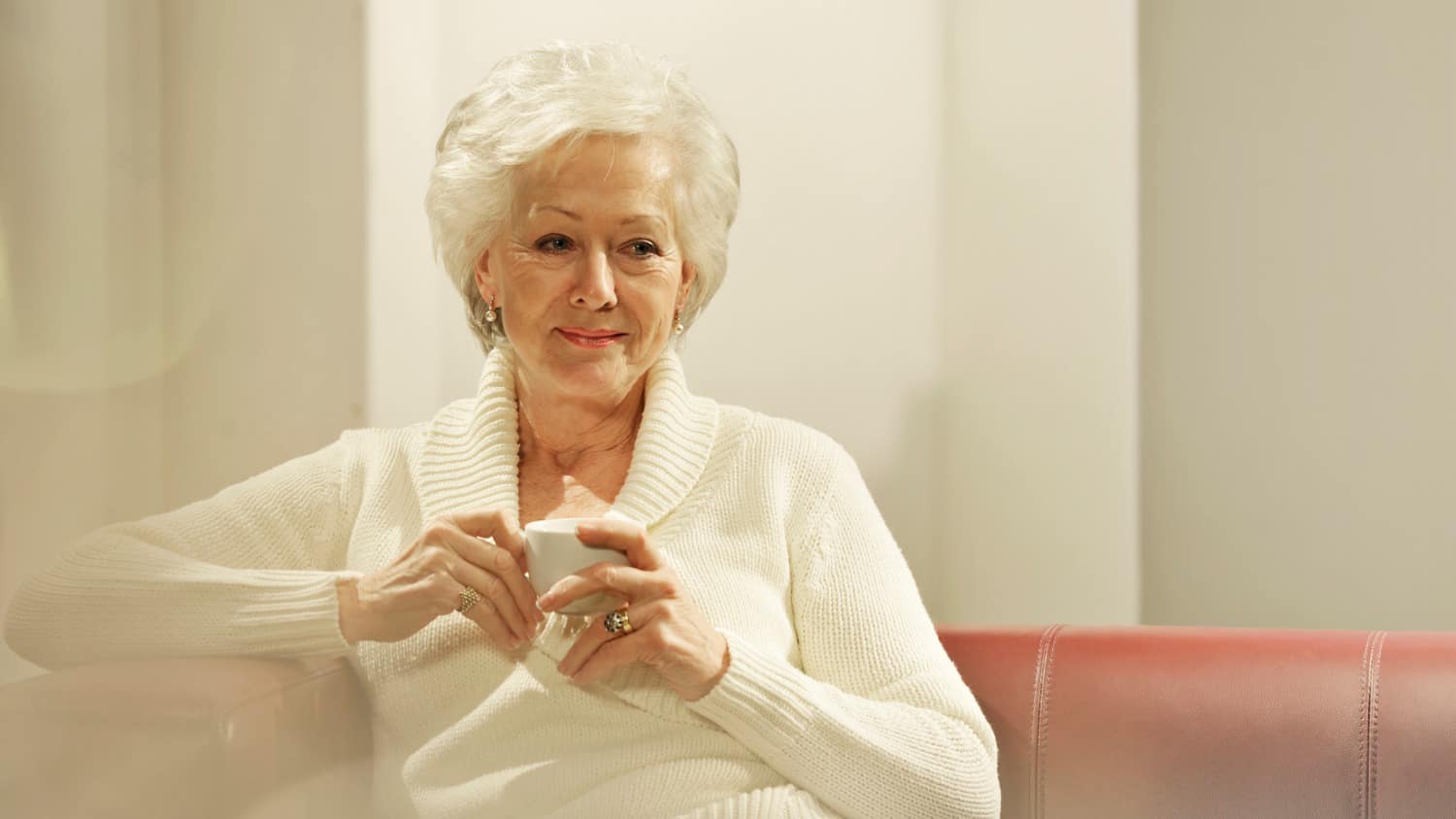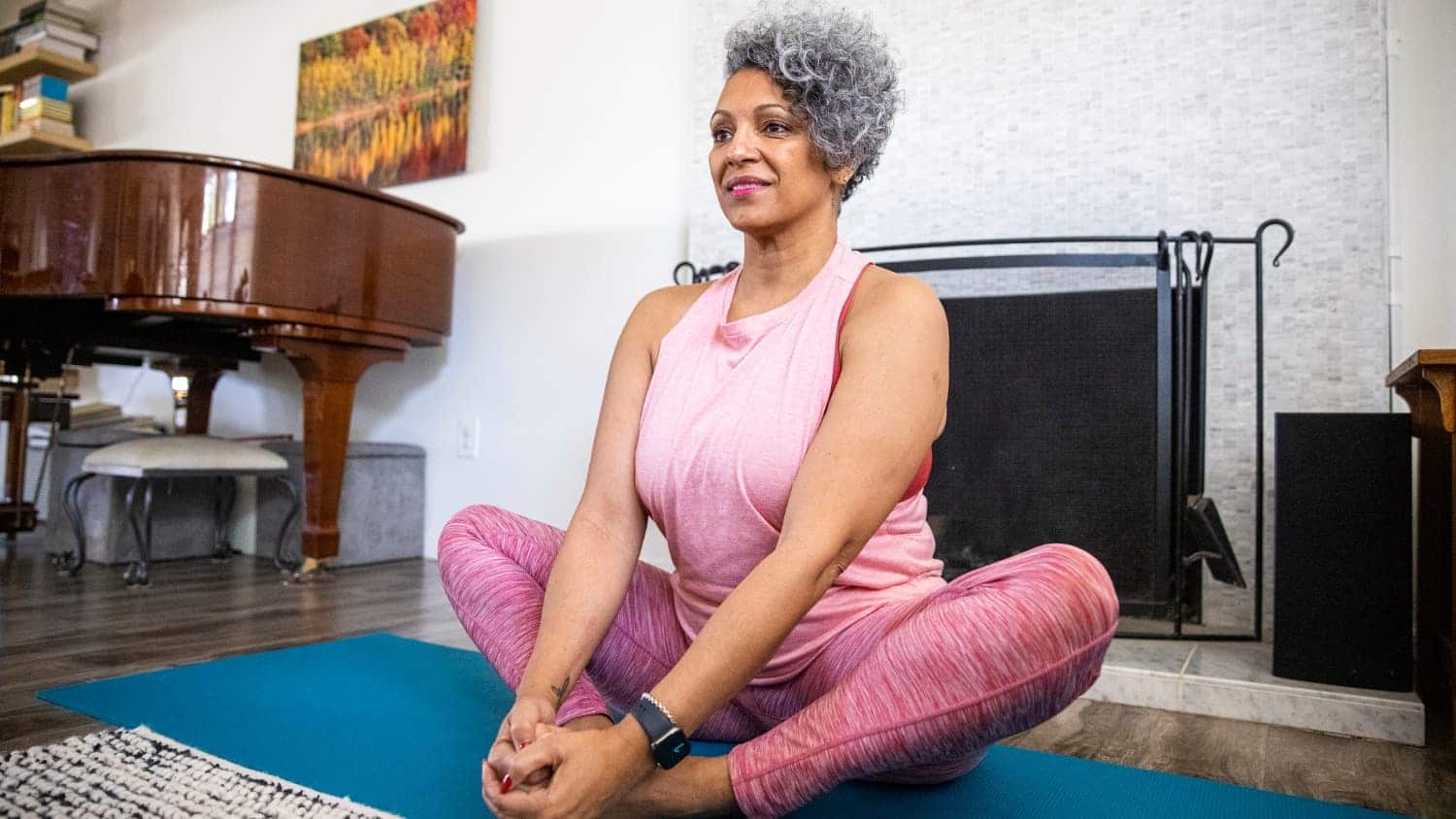
Thinking About Dying Doesn’t Have to Be Morbid
Death and dying do not make for a jolly subject of any conversation, but it is part of life. And none of us is getting any younger. Is death or dying something you think about very much?
You may prefer to think it will never happen and leave it at that. But if you are one of those people who like to prepare themselves for what is coming down the line, you might want to give it a passing glance from time to time.
As We Grow Older
I am not obsessed with death, but it does cross my mind on occasion – and probably increasingly. Before I was 60, I rarely gave it much thought at all. The possibility of dying seemed almost as remote as it did when I was a child, which is to say it was over a very distant horizon.
Now that I am in the first half of my 80s, I have to face the fact that my remaining years are increasingly limited. The statistics are not brilliant as you grow older, for obvious reasons. And, with each quickly passing year, they only get worse.
None of us knows when we’ll die, of course, but it is time to begin to recognise the situation.
Yes, some of us live well into our 90s – and centenarians are becoming much more common. I even have good genes, with current good health and my parents living to age 90 and 91 respectively.
Yet, these are details. The truth is, we will grow older and frailer and will have to face the end, sooner or later. In the words of a young woman living with AIDS, quoted in my book on the subject some years ago, “You haven’t got forever any more.”
Dying
Is it the moment of dying that worries you?
Although some people die in great distress, the much greater likelihood is that you will do so fairly peacefully. The profession of palliative care is getting increasingly clever at keeping people pain free. In the coming years, it can only get better.
I haven’t reached the stage of thinking where I would want to be – or, indeed, where I am likely to be.
Nor do I often think about my own funeral. Occasionally, when I hear a particularly beautiful piece of music, I will say casually, “You can play that at my funeral.” But in fact, it would be better played at a funeral I was attending during my lifetime as I would actually hear it.
Being Gone
Or is it the fact of no longer living that worries you? Of no longer being there to enjoy the many pleasures of life? Or no longer being there for your family and friends, some of whom may rely on you?
These are undoubtedly ‘heavy’ issues, which you may want to prepare for.
In fact, we do make many preparations without thinking of them as such. The urge to ‘downsize’ stems partly from the wish to make your passing easier for those who must administer your things. Perhaps you have done this for someone else and it came home to you how very complex such matters are.
Visits to long-lost relations – or friends you don’t see very often – may also be stimulated by the thought of doing so before it is ‘too late’. Such thoughts may remain un-articulated but are nonetheless real for everyone concerned.
Death of Loved Ones
If anything, I think less about my own death and more about the possible death of my husband, as statistically, this is the more likely first event.
Having been married almost all our adult lives, it is scary to think about being alone. Those of you who are already widowed will doubtless know what I mean.
Writing About Death
Although I really am not obsessed with death, I have written two books dealing with two different aspects of it.
One was about young people with HIV and AIDS, all of whom were dying because there had been no cure back then. It is not a morbid book at all, but it is an honest one about people facing an early death.
I was impressed with their resilience and called it Wise Before Their Time, because that is what I felt they were.
The second is about people who work with the dying. I had worked as a volunteer in a hospice and found it fascinating that so many people could go to work each day to help others die. I interviewed nurses, doctors, chaplains of various faiths, administrators, and even a very reflective chef.
I called it Life in a Hospice, because this is what it was about – the living before the dying.
Preparation
I won’t forget a TV interview I watched with Sir Ian McKellen, who always struck me as a very thoughtful man. I also have a soft spot for him as he wrote a terrific Foreword for my book about people with AIDS.
Himself in his 80s, he said he did think about death quite often and had even planned his own funeral. (And noted that he thought it sounded like such a good occasion, he wondered if he could plan an early dress rehearsal so he could attend.)
He surmised that old people thought about death a lot, because it was a form of preparation. When the time actually came, it probably helped them to feel that they are ready.
This seems to me to be time well spent.
Let’s Have a Conversation:
How often do you think about death or dying? Occasionally? Not at all? Does it worry you? Are you making plans for it? How have you prepared for your own death? Please share your thoughts with the community.







We lost our youngest son a few years ago suddenly after an illness. It was totally unexpected. I found myself needing to write. I have journaled but this sojourn was different. I now experience things on a much deeper level and that includes my mortality. I am a senior so time is the crucial element. It is not a concern for me but I like you think of my husband. I also want my children and their children to embrace life and love until they are a ripe old age. The journey matters.
I’m 61 and think of death often. I prepaid my cremation expense already with a local funeral home. There’s more to do however, I have procrastinated in doing them…. It’s hard facing up to the inevitable.
My fear of death is comforted by the prayer of St Francis of Assisi, part caption: “For it is in dying that we are born to eternal life” ; The thought of being free from evil here on earth and joining my beloved brothers & sisters in paradise gives me the courage to be brave at facing death.
Having been a volunteer with the terminally ill for many years I’ve been fortunate to learn from them as they move through their steps of death & dying.
It was helpful when I became a young & unexpected widow at 51 years old. As the Western culture doesn’t embrace it but keep it private & out of sight, leaving most unequipped to deal with it when it touches their lives-the mystery, the dread, the fears,..
I agree that volunteering with the terminally ill does help to prepare us for this event in all our lives. Perhaps you already noticed, but it led to my writing a book where the people who work in end of life care talk about its impact on them.
I think of it often since my husband is older than me. It sometimes paralyzes me because we have been together over 30 years. Thank you for touching on this subect.
Yes, it is scary. My husband of nearly 60 years (!) had a TIA (mini-stroke) just today, so I have been through a lot of emotions. It’s best to be prepared, but not paralysed (if you can help. it). Best wishes to you.
I am still crazy-in-love with my husband of 36 years, but I am
68 and he is 83, so we have realistic conversations about our
two bucket lists: one for before he passes, and one, as he says,
“Yeah, you can do that with your girlfriends when I’m pushing up
daisies.” Sure, I could die first, but it actually helps to talk ALOUD
about the inevitable and coping. My Mom lost my Dad after 70 years together,
and she is surprisingly cheerful: “Oh, I’ll be with him soon enough and for
eternity, so I’m in no hurry to joint him.” Yes, believing in an afterlife is
helpful in not rushing death–because life here is a gift to be cherished–but
“be not afraid” is also a great comfort.
I can somewhat relate. I am 68 and my husband was 90 when he passed in June unexpectedly. We were married 41 years. I always told him I “could” go before him and we didn’t worry about it that much. We are Christians and know of where we are going. It has been hard to say the least. I had most of our stuff in order. Our funerals were prepaid and financials were in order. My income is so much lower now however our home was paid for and I am making it. I still can’t believe he will be gone 1 year on June 4th. I had always said I hope we go together that
I would never make it without him. I am making it however I miss my love so much. Good luck to you and get things in order. Blessings to you from Texas.